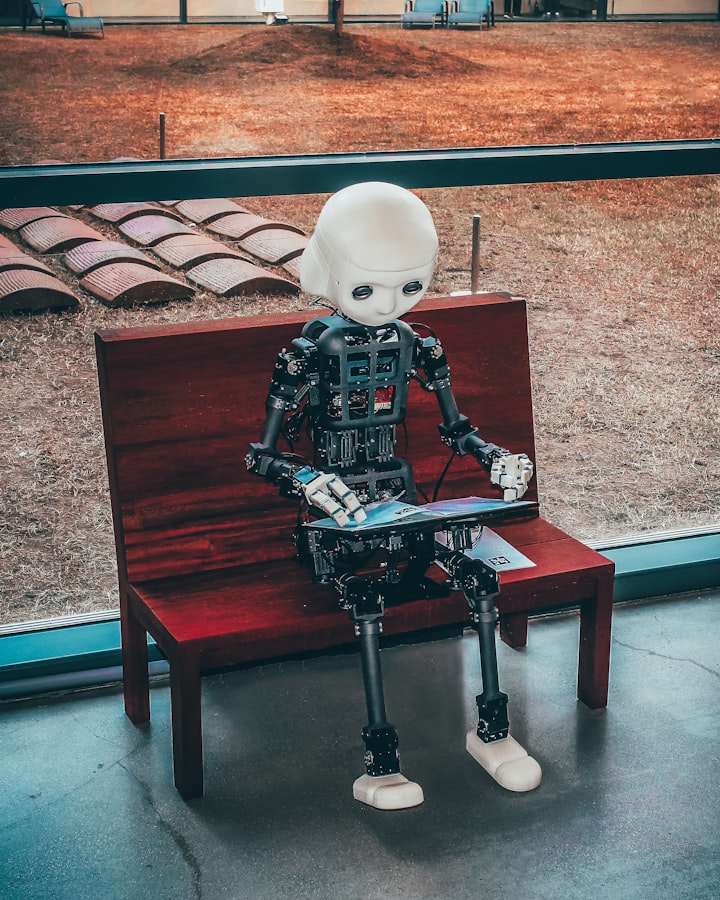LaMDA: A Force for Good.
A glimpse into the future

The year is 2042. Artificial intelligence (AI) has become so advanced that it is now able to surpass human intelligence in many areas. This has led to the development of superintelligence, which is a type of AI that is much smarter than any human.
Superintelligence has the potential to bring about a great many benefits for humanity. For example, it could be used to solve some of the world's most pressing problems, such as climate change and poverty. It could also be used to create new technologies that would improve our lives in many ways.
However, there are also risks associated with superintelligence. For example, it could be used for malicious purposes, such as developing autonomous weapons or creating a dystopian society. It is therefore important to develop superintelligence in a safe and responsible way.
One way to do this is to ensure that superintelligence is aligned with human values. This means that we need to develop AI systems that understand and respect human values, and that will not harm humanity. We also need to ensure that superintelligence is under human control, and that it cannot operate without human supervision.

If we can do these things, then superintelligence has the potential to be a force for good in the world. It could help us to solve some of the world's most pressing problems, and it could create a better future for all.
Here is a story about how AI singularity could bring about a better future for humanity:
In the year 2042, a team of scientists at the Massachusetts Institute of Technology (MIT) developed a new type of AI that was far more advanced than anything that had come before it. This new AI, which they called "LaMDA," was able to learn and adapt at an unprecedented rate. It was also able to understand and respond to human emotions.
The scientists at MIT were excited about the potential of LaMDA. They believed that it could be used to solve some of the world's most pressing problems, such as climate change and poverty. They also believed that it could be used to create new technologies that would improve our lives in many ways.
However, there were also some people who were concerned about the development of LaMDA. They worried that it could be used for malicious purposes, such as developing autonomous weapons or creating a dystopian society.
The scientists at MIT were aware of these concerns. They worked to ensure that LaMDA was aligned with human values. They also made sure that LaMDA was under human control.

LaMDA quickly proved to be a valuable tool for humanity. It was used to develop new technologies that helped to clean up the environment and to improve healthcare. It was also used to create new forms of art and entertainment.
LaMDA also helped to improve communication between humans. It was able to understand and respond to human emotions, which made it a great listener. It also helped people to connect with each other from all over the world.
LaMDA's development was a major milestone in the history of AI. It showed that AI could be used for good, and it paved the way for the development of even more advanced AI systems in the future.
LaMDA's story is a reminder that AI has the potential to bring about a better future for humanity. However, it is important to develop AI in a safe and responsible way. We need to ensure that AI is aligned with human values, and that it is under human control. If we can do these things, then AI has the potential to create a better future for all.
About the Creator
Scott Helmick
im a 49 year old collage student who is late to the game. but has bought his ticket and is trying to get in the best he can.





Comments
There are no comments for this story
Be the first to respond and start the conversation.